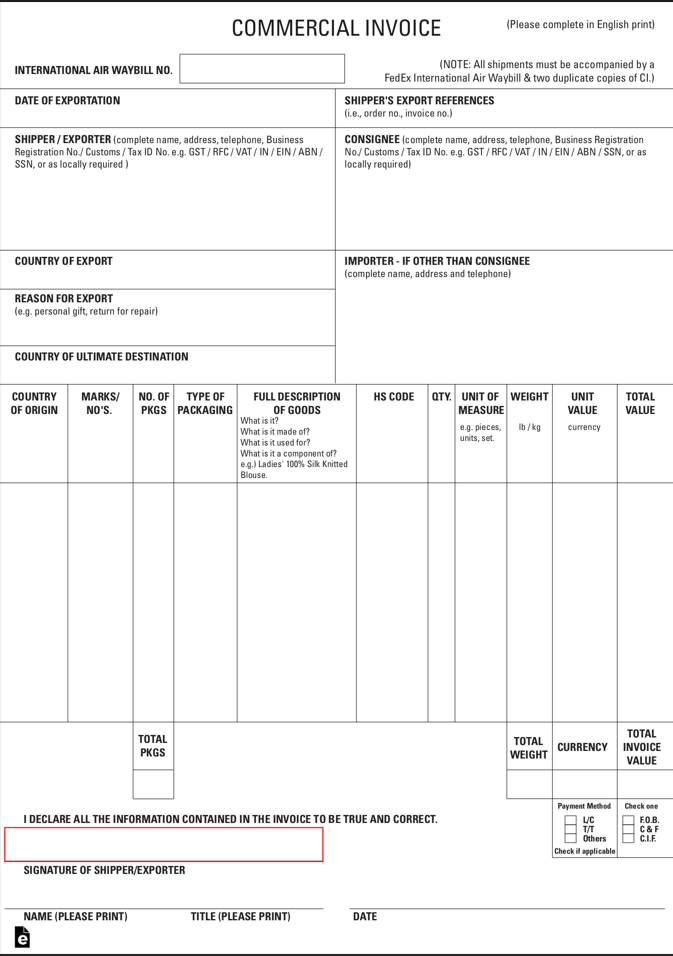Guide to ISO Certification for Quality Management
Introduction:
ISO certification is a testament to a business's commitment to quality management and adherence to international standards. This guide provides an overview of ISO certification, its significance in demonstrating quality management practices, and its benefits for businesses, with insights from the US Arab Chamber of Commerce.
What is a ISO Certification?
ISO certification, also known as ISO 9001 certification, is a formal recognition awarded to businesses that meet the standards set by the International Organization for Standardization (ISO) for quality management systems. It signifies that the business has implemented effective quality management practices to meet customer requirements and enhance customer satisfaction.
Importance of ISO Certification
ISO certification holds significant importance for several reasons:
- Quality Assurance: It demonstrates a commitment to delivering products and services that meet customer expectations and comply with regulatory requirements.
- Competitive Advantage: It enhances the credibility and reputation of the business, giving it a competitive edge in the market.
- Customer Confidence: It instills confidence in customers by assuring them of consistent quality and reliable products and services.
- Process Improvement: It encourages continuous improvement in processes, procedures, and performance to achieve operational excellence.
Key Components of ISO Certification
The key components of ISO certification include:
- Quality Management System (QMS): Establishing and documenting a QMS that complies with ISO 9001 standards.
- Internal Audits: Conducting regular internal audits to assess the effectiveness of the QMS and identify areas for improvement.
- Management Review: Reviewing the QMS periodically at the management level to ensure its continued suitability, adequacy, and effectiveness.
- Corrective and Preventive Actions: Implementing corrective and preventive actions to address non-conformities and prevent recurrence.
Benefits of ISO Certification
ISO certification offers various benefits to businesses, including:
- Enhanced Credibility: Demonstrates commitment to quality management and compliance with international standards, enhancing credibility and trust among stakeholders.
- Improved Efficiency: Streamlines processes, reduces errors, and enhances efficiency, leading to cost savings and improved operational performance.
- Market Access: Facilitates access to global markets by meeting international standards and customer requirements.
- Customer Satisfaction: Increases customer satisfaction by consistently delivering high-quality products and services that meet or exceed customer expectations.
How to Obtain ISO Certification
To obtain ISO certification, businesses typically follow these steps:
- Gap Analysis: Conduct a gap analysis to assess the current state of the QMS and identify areas that need improvement to meet ISO 9001 standards.
- Implementation: Implement necessary changes and improvements to align the QMS with ISO 9001 standards, including documentation, training, and process optimization.
- Internal Audit: Conduct internal audits to assess the effectiveness of the implemented QMS and identify non-conformities or areas for improvement.
- Certification Audit: Engage a certification body accredited by ISO to conduct a certification audit to verify compliance with ISO 9001 standards.
- Certification: Upon successful completion of the certification audit, the certification body will issue an ISO 9001 certificate, officially recognizing the business's compliance with international standards for quality management.
Sample ISO Certificate Template:

Benefits of Using US Arab Chamber of Commerce
-
Expert Guidance and Support: Businesses can benefit from the chamber's expert guidance and support throughout the invoicing process, ensuring compliance with international trade regulations and best practices.
-
Access to Resources and Templates: The chamber provides access to a wealth of resources, including standardized templates and educational materials, streamlining the invoicing process for businesses of all sizes.
-
Streamlined Documentation Process: By leveraging the resources and expertise of the US Arab Chamber of Commerce, businesses can streamline their documentation process, minimizing errors and delays in trade transactions.
Conclusion:
ISO certification is a valuable tool for businesses looking to demonstrate their commitment to quality management and achieve operational excellence. By understanding the importance, key components, benefits, and process of obtaining ISO certification outlined in this guide, businesses can enhance their credibility, competitiveness, and customer satisfaction.
